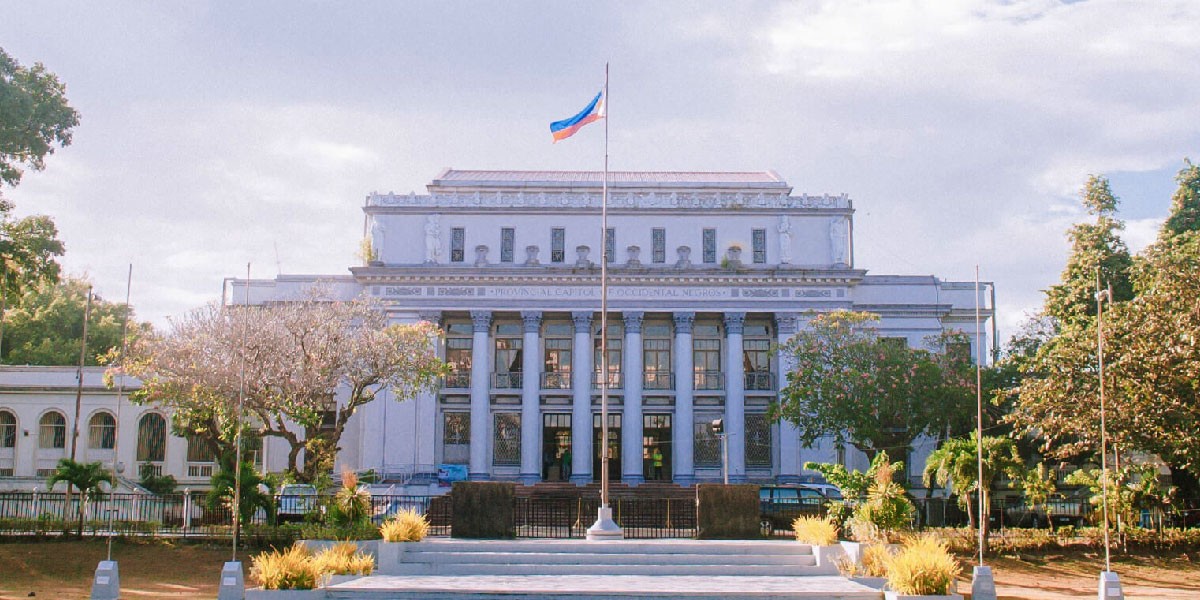 By: Zeidrick-J Cudilla
By: Zeidrick-J Cudilla
SENSATIONALIZING the memory of Flavio Zaragoza Cano tearing his diploma shortly after receiving it for his work De Mactan a Tirad was the publicity ticket for the poet. Interest for the work spurred that in 1941, the year after the contest, it was commercially released in book form by Kanlaon Printing Press. While he meant no offense to President Manuel Luis Quezon in creating such tension in the supposed-to-be dignified occasion, the commotion did not sit well with civil officials. All Zaragoza Cano wanted at that time was to vent out his frustration over the jurys unfair play. Had he done it more discreetly, however, posterity would have none of it.
Aspiring poets were given a minimum of one thousand lines for a work of poetry to be submitted in the Commonwealth Literary Contest. Zaragoza Cano did not disappoint with his submission containing more than four times the requirement. However, he doubted his entry would impress the contest judges (which included noted scholar Jaime C. De Veyra and distinguished legislator and writer Claro M. Recto), comparing his verses to the lengthy novenas and corridos: ni siquiera son dignas de formar un poemani de la significación nacional de este Certámen, mil líneas que, a lo más, podrían reunirse en un folleto del grueso de una novena religiosa o de un corrido de las vidas fantásticas de los reyes del moro moro. Contrary to his uncertainty, he was given the distinction that turned out to be controversial.
A day after the recognition rites, Zaragoza Cano, who worked as a technical assistant to the countrys department of the interior, was slapped with preventive suspension by his superior, Secretary Rafael Alunan, for the formers gross discourtesy to President Quezon. When asked by Alunan through a letter on why he should be retained in the government post, the poet maintained his position that he did not intend to demean the President, even citing his healthy partisan relationship with the political party of the chief executive as reported by The Tribune. Preferring to let the issue die, the Ilonggo bard waived any form of investigation in the case.
Because there was no extensive inquiry on the matter, the Civil Service Commission used the suspension order by Alunan and Zaragoza Canos written reply to decide on the case. Exercising the powers stated in Section 695 of the Revised Administrative Code of 1917 (amended by Commonwealth Act 598), the Commission, through Commissioner Jose Gil, released its decision to temporarily bar the employee from his position in the department in December 1940. The Commissions promulgation imposed a two-month suspension beginning at the time Alunans order was issued.
The two-month hiatus was a time for him to reflect on his actions but with his firm stand on the incident, he chose to forget about it and continue becoming productive by writing new poems and doing translation work. Despite what had transpired during the literary tilt, it is interesting to note that the Ilonggo bard was given another work by the statean appointment as a member of the Advisory Council on the National Language. Established in 1943 by virtue of Administrative Order No. 42, the bodys main duty was to conduct studies and provide recommendations and advice in asserting the authoritativeness of the countrys official tongue.
Having ironed some creases of our local heritage, as exemplified in the case of Zaragoza Cano, we continue to be hopeful of the better appreciation of the forgotten yet fascinating tales of our past with an accurate rendering of history.
(ERRATUM: In the first part published on March 25, 2019, it is mentioned that Mr. Demetrio Sonza conducted a lecture on Zaragoza Cano at Cabatuan. The correct place was in the nearby town of New Lucena. We maintain, however, that Cabatuan is the poets birthplace. The author claims responsibility for the oversight)





















